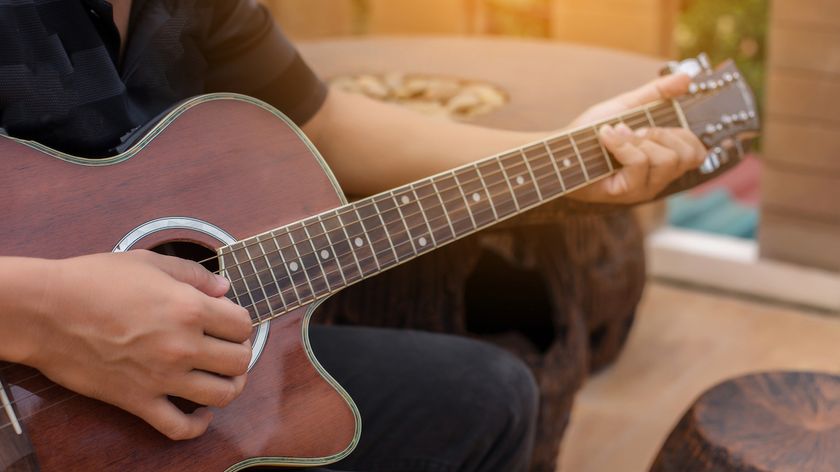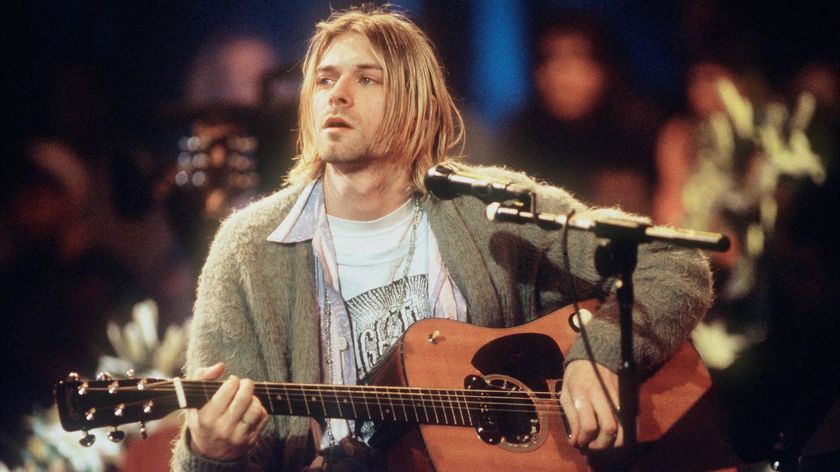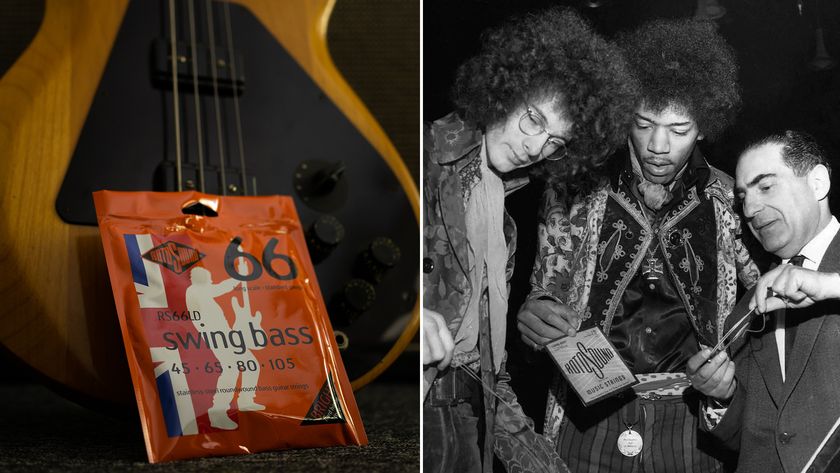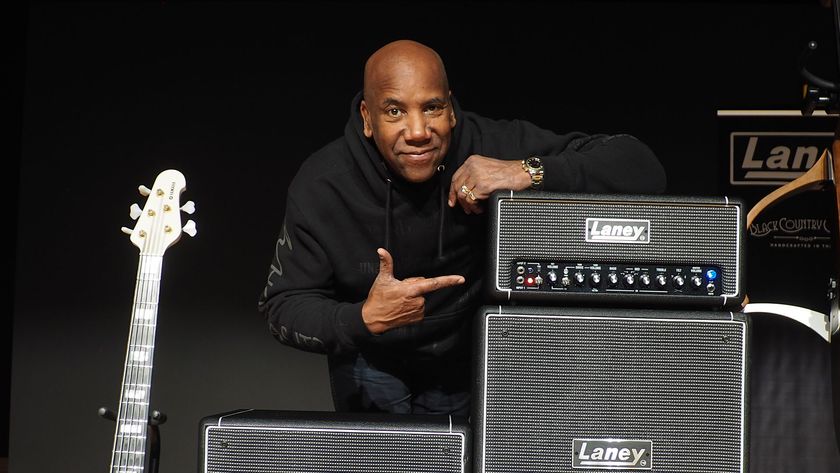Musicians and Songwriters: Wanna Get Paid? Read This.

Never has it been easier for songwriters to get their music heard. But never has it been harder to get paid for it.
As more music streaming services flood our lives with songs, songwriters find that their revenue stream from the music stream goes from small to miniscule.
Have you seen the pie chart that represents how many sales of various kinds it takes a songwriter to earn minimum wage? You can check it out here.
Basically, it says that it takes over 4 million plays a month on Spotify for a musician to earn a living at minimum wage. Four million. I don’t have that kind of airplay. Do you?
Long gone are the days when music mattered enough to attract patrons who supported musicians while they enriched our culture.
Now, even long standing folk venues are closing down, and musicians are increasingly being offered nonpaying gigs for "exposure." But, as a friend of mine pointed out, people die of exposure.
Songwriting as a profession teeters dangerously on the precipice of becoming songwriting as a hobby.
Get The Pick Newsletter
All the latest guitar news, interviews, lessons, reviews, deals and more, direct to your inbox!
An outdated revenue stream
It is no surprise, then, that royalty streams are of ever greater importance to the performing songwriter. Until recently, performers and composers have earned royalty income through two separate mechanisms: the right to publicly perform their works and the right to make reproductions of their works and distribute those reproductions.
The section of the United States Copyright act that regulates how much writers and performers are paid was drafted in 1909, and dictated the rate of 2 cents per song per use. And in the more than 100 years since then, the rate has risen to only 9.1 cents per song.
The minimal increase is due to the current law that directs the Copyright royalty board (the body responsible for setting the standard rate) to apply a rate that does not reflect the true market value of the work. The current Section 114(i) of the Copyright Act limits the evidence the federal rate court is allowed to consider when determining songwriter compensation, and forbids the courts from even considering sound recording royalty rates as a relevant benchmark when setting performance royalties rates for songwriters and composers.
The result is an untenable situation where the performances of sound recordings are valued at 12 times those of the musical compositions that underlie them; songwriters and composers receive substantially less for a performance, or “stream” of a song than for the sound recording of the same song.
New legislation
But Legislation introduced last month by Rep. Doug Collins (R-GA) and Rep. Hakeem Jeffries (D-NY), members of the House Committee on the Judiciary, hope to address this inequity by updating those two key provisions in the Copyright Act so that songwriters, composers and publishers receive fair compensation for the use of their intellectual property.
The Songwriter Equity Act (SEA), H.R. 4079, will allow a "rate court" to consider other royalty rates as evidence when establishing digital performance rates for songwriters and composers, and it would adopt a fair, free market rate standard for reproduction (mechanical licenses).
"The Songwriter Equity Act is an important first step toward a more effective and efficient licensing system that will benefit everyone – consumers, music licensees and the songwriters and composers who are the foundation of the rapidly changing music environment," ASCAP president and chairman Paul Williams said in a statement.
"But while technology is creating amazing opportunities for music to reach new audiences, it’s also creating real challenges for songwriters and other creators when it comes to licensing our work, because the rules that govern how we do business haven’t kept pace...By updating the outdated provisions of the Copyright Act in Sections 114(i) and 115, Congress has an opportunity to modernize the music licensing system so that songwriters and composers can thrive alongside the businesses that use our music."
Strong support
The bill has received public support from The American Society of Composers, Authors, and Publishers, The National Music Publishers’ Association (NMPA), Broadcast Music, Inc, (BMI), and the Recording Academy (The National Academy of Recording Arts & Sciences), and SESAC.
For the insomniacs among you, the full text of the bill can be found HERE.
Tweet your support here
Singer-songwriter Laura Zucker wins audiences over with a hard-won perspective and a positive spin. The powerful imagery of her songs and stories ring so true you might think she’s read your diary – and you’ll find yourself humming her infectious melodies for days to come. She’s a two-time finalist in the prestigious Kerrville Folk Festival New Folk competition in Texas, 2013 West Coast Songwriters Association Best Song of the Year, and has received numerous accolades and awards from the organizations around the world. She has released four CDs of original songs with the latest, Life Wide Open, released in late 2013. Find tour dates, music and more at LauraZucker.com

"Upgrading from your entry-level acoustic opens the door to an entirely new world of tonewoods, body shapes, and brands": 6 signs it's time to upgrade from your first acoustic guitar

"I'm past my prime": 5 common excuses for not learning the guitar – and 5 body and mind-boosting reasons you should











